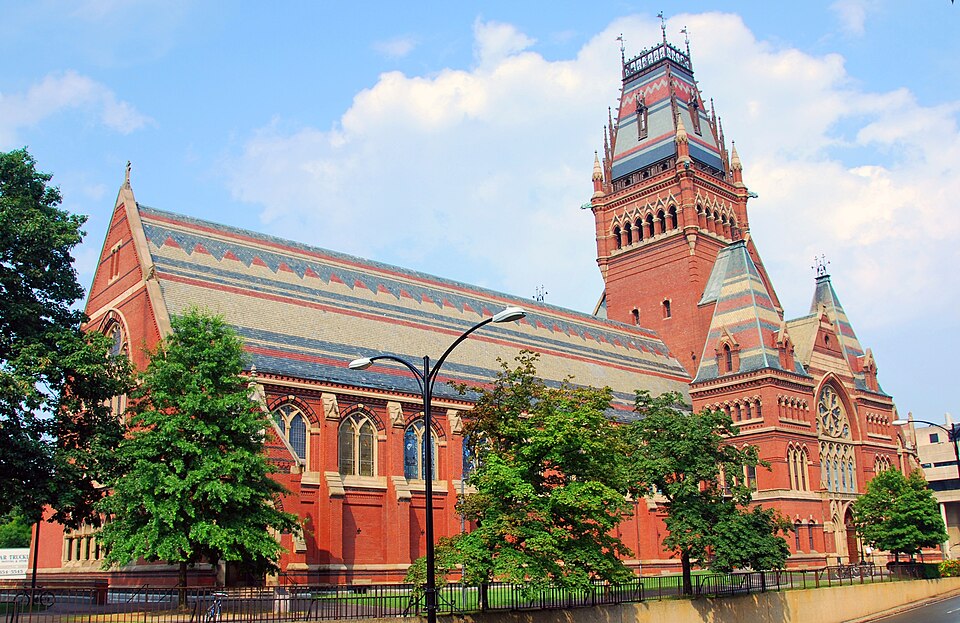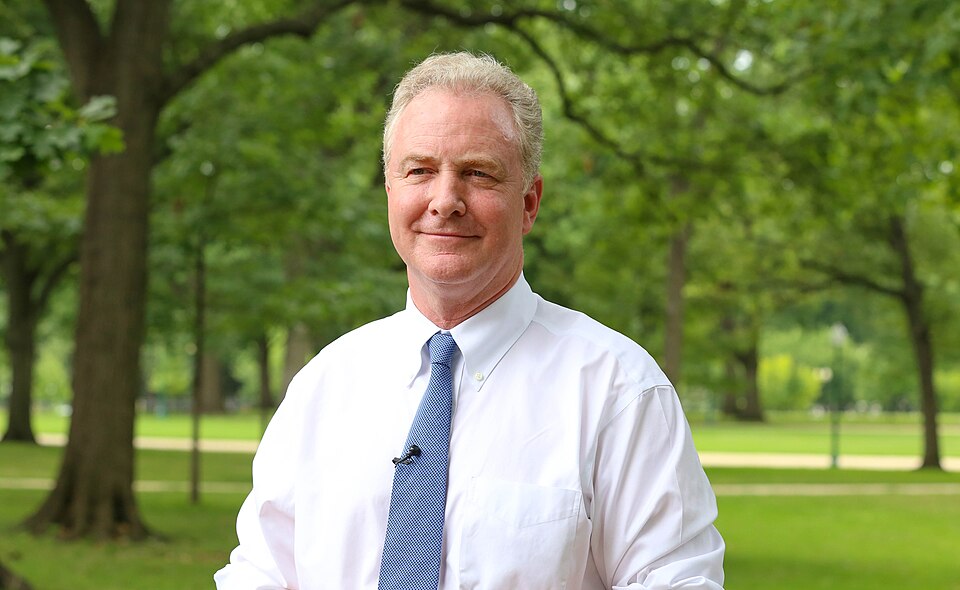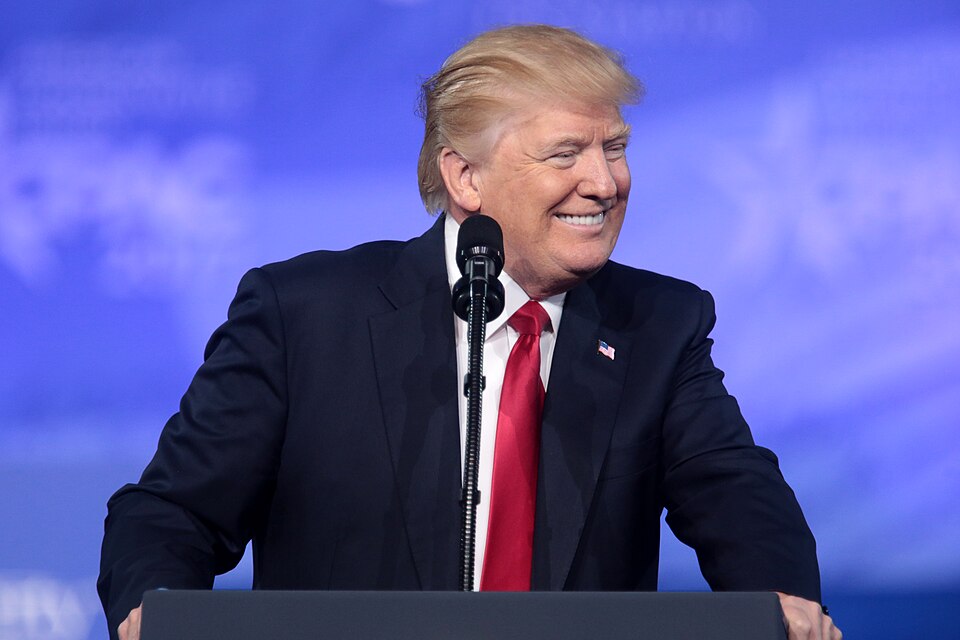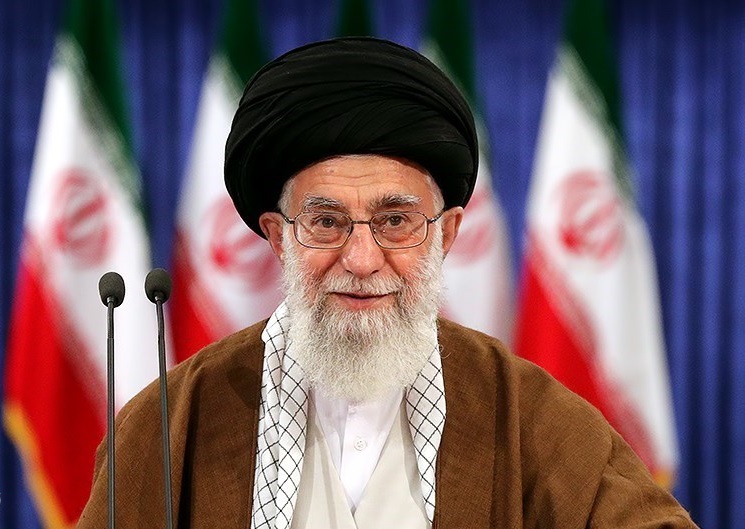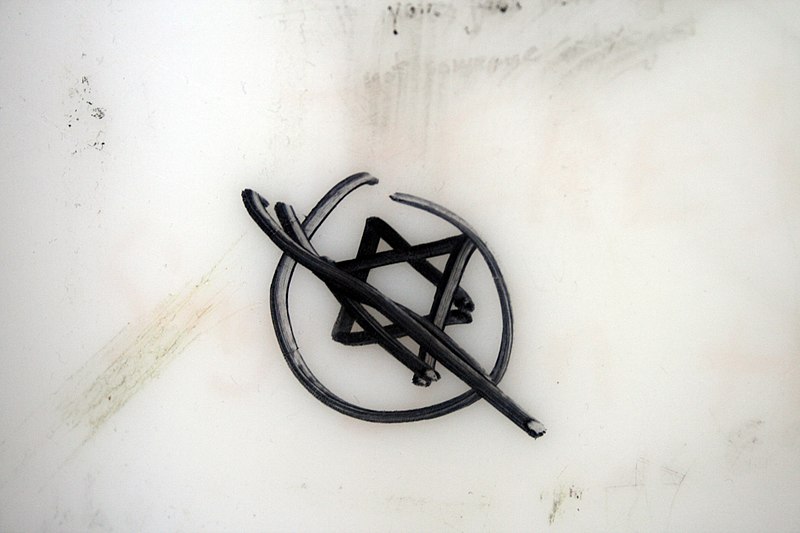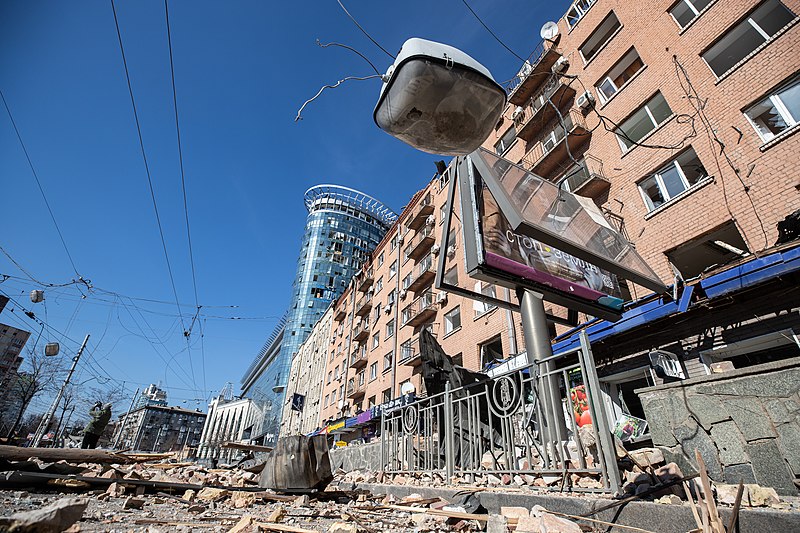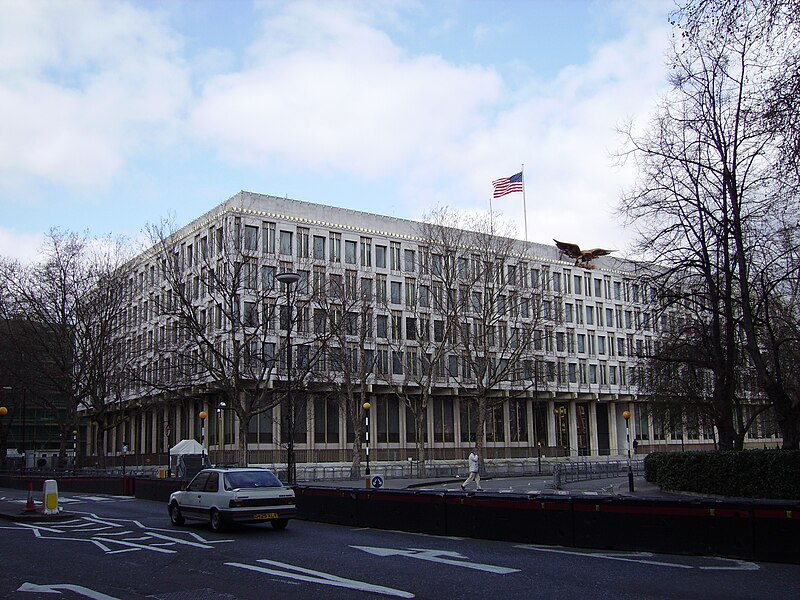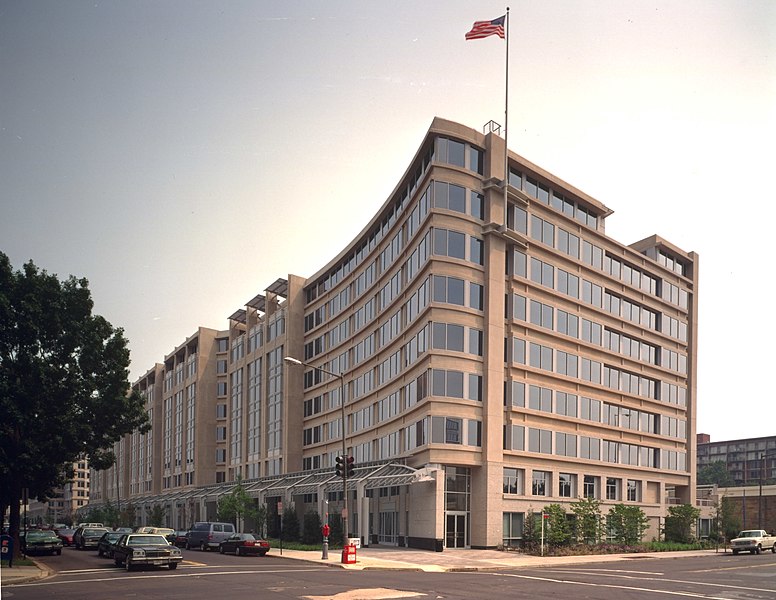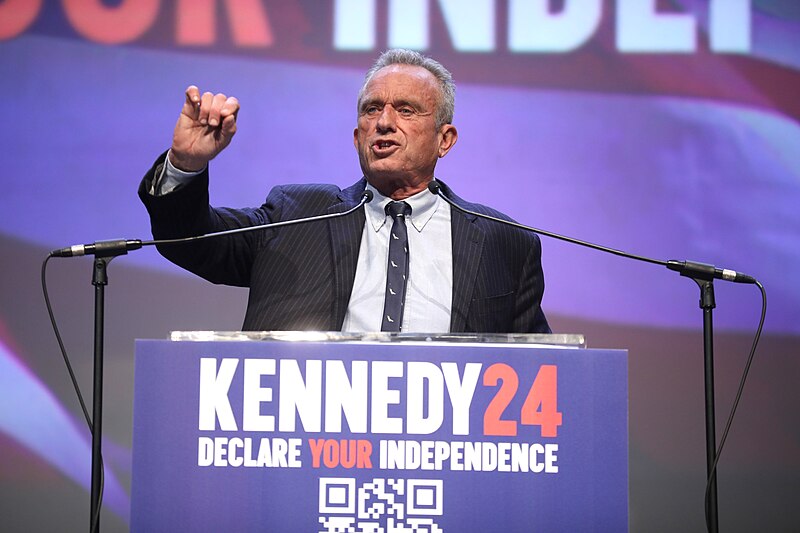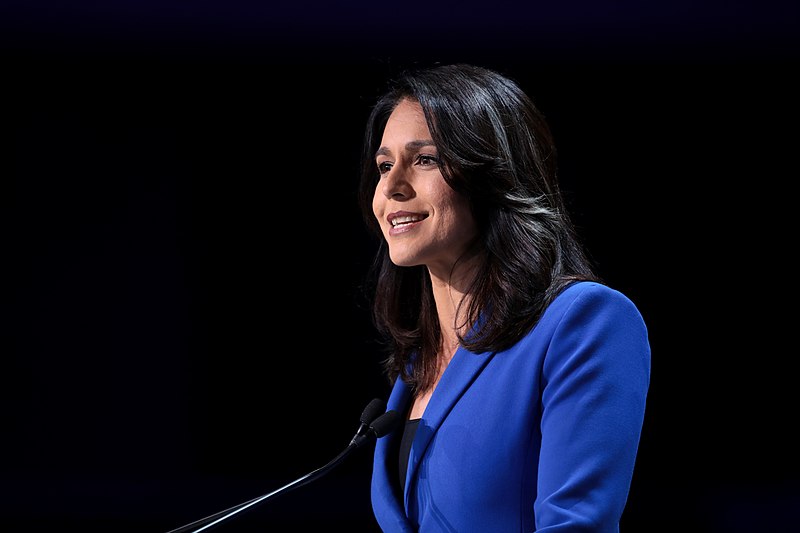
Officials from the Trump administration are defending their use of a centuries-old wartime law to deport more than 130 Venezuelan migrants, despite a federal judge’s objections and
Venezuela’s denial that the deportees were criminals.
Calling it part of a broader security strategy, Attorney General Pam Bondi told Fox News on Sunday Morning Futures that the deportations were necessary to protect Americans. “This is modern-day warfare, and we will continue to protect American citizens every step of the way,” Bondi said.
Last weekend, the administration deported 137 Venezuelan nationals to El Salvador, claiming they were members of the Tren de Aragua gang—an organization the U.S. has labeled a terrorist group. Bondi described them as a serious safety threat.
However, Venezuela’s interior minister Diosdado Cabello rejected that claim on Friday, insisting none of those deported belonged to the gang. Families of some deportees, along with immigration advocates, have also denied any ties to criminal groups.
To carry out the deportations, the administration invoked the Alien Enemies Act of 1798—a wartime statute—arguing the individuals were engaging in violent activity and sending funds to Venezuela.
National Security Advisor Mike Waltz reinforced the administration’s position on CBS' Face the Nation, asserting without presenting evidence that Tren de Aragua is acting as a proxy for Venezuelan President Nicolás Maduro. “The Alien Sedition Act fully applies,” Waltz said. “Maduro is essentially emptying his prisons in a coordinated move against the United States.”
U.S. District Judge James Boasberg has challenged the administration's actions, citing an existing order that temporarily blocked deportations under the act. Despite that order, two deportation flights proceeded. Boasberg said on Friday he would continue investigating whether the administration violated his directive. The administration must provide further details by March 25.
Legal experts say the situation could mark a significant clash between the executive and judicial branches, raising the specter of a constitutional crisis.
Tom Homan, Trump’s immigration policy chief, told ABC News' This Week that the administration would follow Boasberg’s order but pledged to keep arresting migrants deemed dangerous. “We’re going to keep targeting the worst of the worst,” Homan said.
Bondi, meanwhile, criticized Boasberg for what she sees as judicial overreach. “This is a rogue judge trying to control foreign policy,” she said.
In court, Boasberg remarked that he had never been addressed by government lawyers in the manner used during this case, though he didn’t elaborate.
Bondi also took aim at other federal judges, accusing them of obstructing the president’s agenda. “We’re in court every day battling activist judges,” she said. “Many of them need to be recused—and they will be.” Photo by Olga Berrios, Wikimedia commons.

